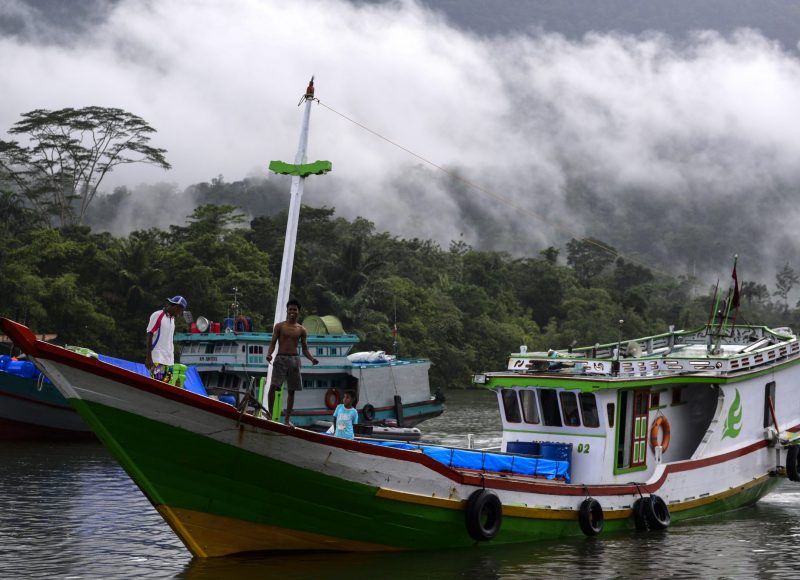In 2010 and 2014, two large-scale scientific expeditions set out to explore the biodiversity of the Lengguru mountain range, located in the Indonesian part of the island of New lengguru Guinea. This arguably is one of the last unexplored regions of the world, and also one of the richest in terms of biodiversity and endemism. After these mainly terrestrial missions, a third Franco-Indonesian expedition, in 2017, focused on the marine fauna populating the coastline, and eDNA played a major role.
On the eDNA front, the samples collected enabled nearly 400 species of reef fish, from some 100 families, to be identified.
In such rarely-studied regions, only 20% of locally-known species had been sequenced and, therefore, had a genetic “barcode” of reference. After 6 weeks and 409 dives this percentage was doubled, thanks to experts on board who identified and sequenced each fish or marine invertebrate they came across. At the same time they discovered several dozen hitherto unknown species.
On the eDNA front, the samples collected enabled nearly 400 species of reef fish, from some 100 families, to be identified. This was a great success given that conditions were sometimes far from ideal; in a region the size of Sardinia but almost entirely free from any human presence, the team had to squeeze into an Indonesian boat and be completely autonomous for the six weeks the expedition lasted. This was full-scale proof that eDNA protocols can be implemented in the remotest corners of the world and, in little over a month, detect an exceptionnal biodiversity. This French-Indonesian scientific collaboration is ongoing with the aim of capacity buiding for Indonesians counterparts: to benefit in the medium term from the appropriate infrastructures and skills to carry out eDNA expertises.

© IRD – Jean-Marc Porte
